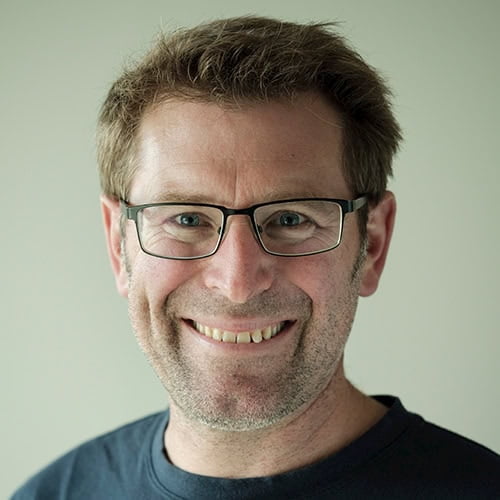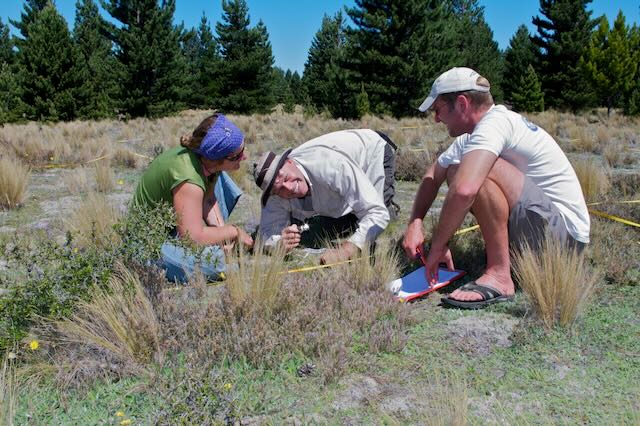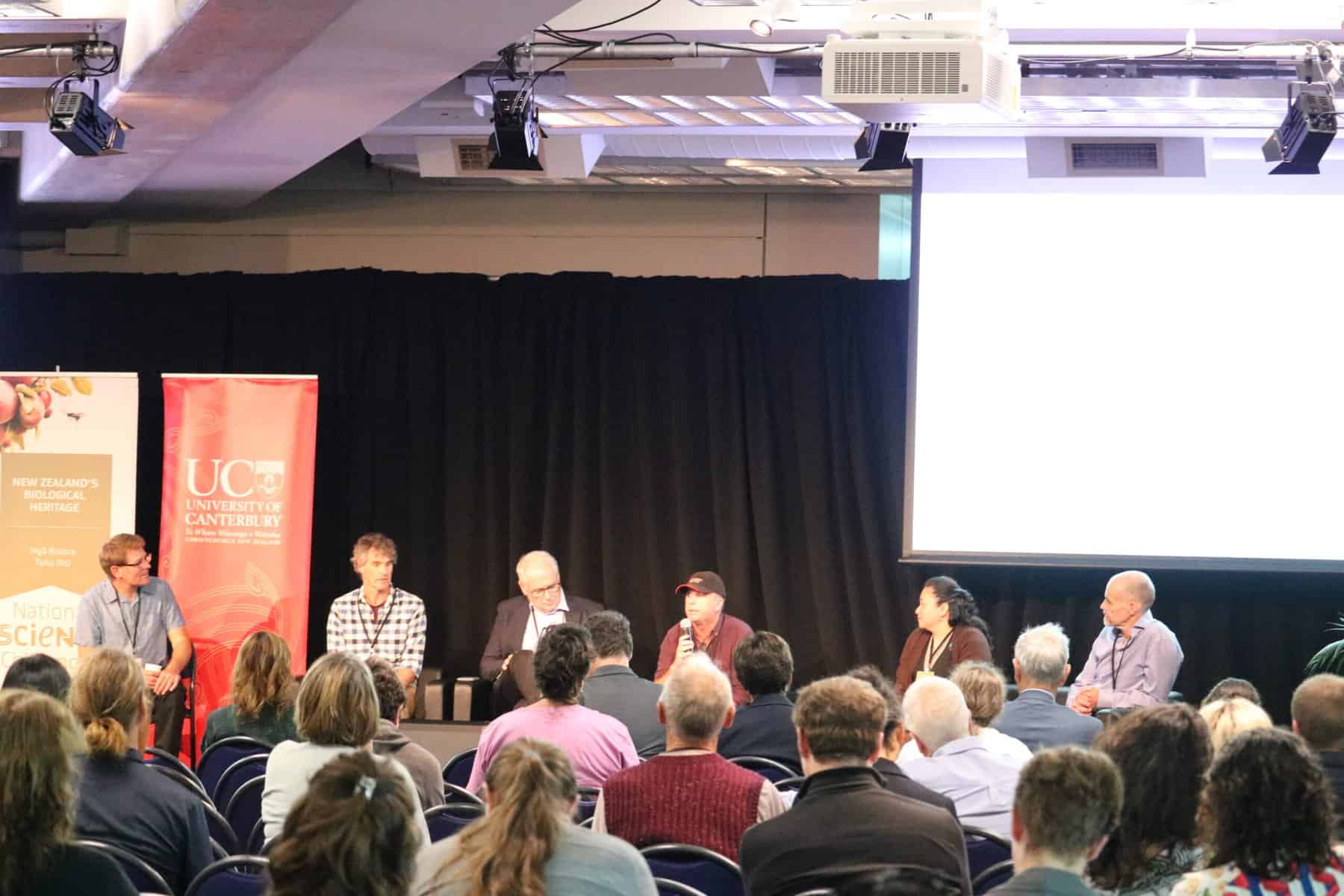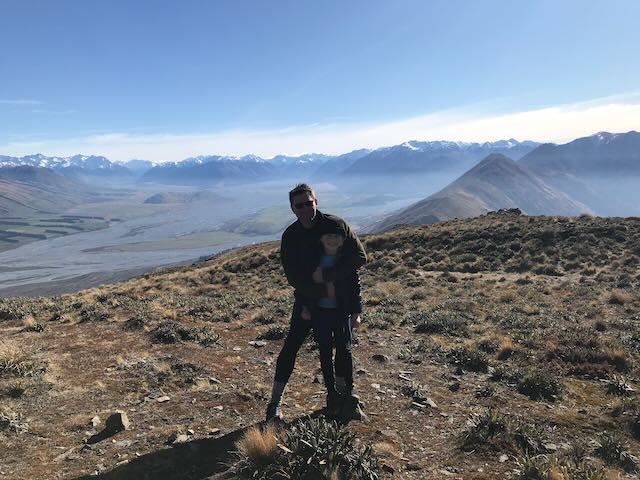Duane was born and trained in Canada, originally as a freshwater ecologist. Wanting to work more with plants, he pursued ethnobotany before becoming a plant ecologist.
“Some of my work was on latitudinal tree lines and the effects of fire on vegetation,” says Duane. “I was curious about vegetation distribution and why things are in the places they are.”
Duane’s curiosity extends beyond the natural world. Whenever possible, Duane has used science as a springboard to explore new systems and places.
“A science career was never just ‘I’m going to be a scientist’ – I like exploring and having new experiences.”
He took gap years, did cycle tours, and even worked in the Negev desert region in southern Israel once to escape Saskatchewan winter.
One of the places we’re fortunate he came to visit was New Zealand. Duane found a post-doc in the early 2000s to study plant communities, soils, and their interactions.
“I had little idea what New Zealand would be like,” says Duane. “I came here pre-Lord of the Rings, before New Zealand got a reputation for fantasy and hobbits. Instead, it was ‘Once Were Warriors’, it was ‘The Piano’, it was seen as a sort of dark, gothic little place at the bottom of the world.”
When he arrived, Duane found the local ecosystems fascinating.

“You can’t understand New Zealand’s ecosystems without knowing something about invasions,” says Duane, referring to invasive plants, animals and pathogens. “Being an ecologist requires learning what invasions look like, how people manage them, and why they are so profound in New Zealand.”
Even more than the natural environment, Duane enjoyed the people. He found easy friends in his colleagues who are still friends to this day.
“It was a much different environment to work in, much less competitive than the institutions in Canada and the US.”
Because he liked the place and the people, Duane applied for a permanent role at Manaaki Whenua—Landcare Research in 2001. He has now risen through the ranks to be become a principal researcher.
“That just means I’ve been around for a while,” says Duane. “I still actively do science, but I also love collaborating with others.”
Challenge years: from collaboration to leadership
Duane helped write some of the original proposals for two National Science Challenges: New Zealand’s Biological Heritage and Our Land and Water. Part of Duane’s interest in the Challenges was the focus on applied work.

“All of the science was being done for some purpose or reason that mattered to people,” says Duane.
While he was part of the formation of these Challenges, Duane didn’t have a role within either until Andrea Byrom stepped up into a director role for BioHeritage.
“There was a gap in the leadership, and I thought it looked like a neat opportunity,” says Duane.
Duane stepped into the role of Chief Scientist just in time for some of the midway changes in design at the beginning of Tranche 2. He has been in this leadership role for the past five years.
“You’re always learning lots from other people and you’re never quite sure who you’re going to learn from. A good day is ‘I’ve learned something new and I wasn’t expecting it.’ That could be from a support staff member, scientist, knowledge broker, or government employee. That’s been a delight.”
Another delight has been writing.
“There’s lots of writing involved, lots of communicating around why science matters to people.”
Duane’s affection for writing even extends to reporting, which will be taking place for the Challenge over July and August.
“Most people dislike reporting,” says Duane. “But it’s actually the time when you get to tell all the stories. There’s also quite a lot of pride at stake – you’re trying to really well represent people’s work, organisations, and aspirations.”
What’s next for Duane?
After the reporting is finished, Duane is expecting things to slow down a little bit.
“A lot of us are unsure what the next 6-8 months are going to look like,” says Duane. “We know there’s a lot of good work to be done, but we’re not sure yet what’s going to fire.”
Duane acknowledges that there will likely be a pause in the coming months before the next big thing becomes clear. Still, Duane says he is guardedly hopeful about what the future holds.
“There’s such a body of people, of good talented people, poised to help as best we can,” says Duane. “I’m looking forward to drawing on that network of people again.”

Jenny Leonard
